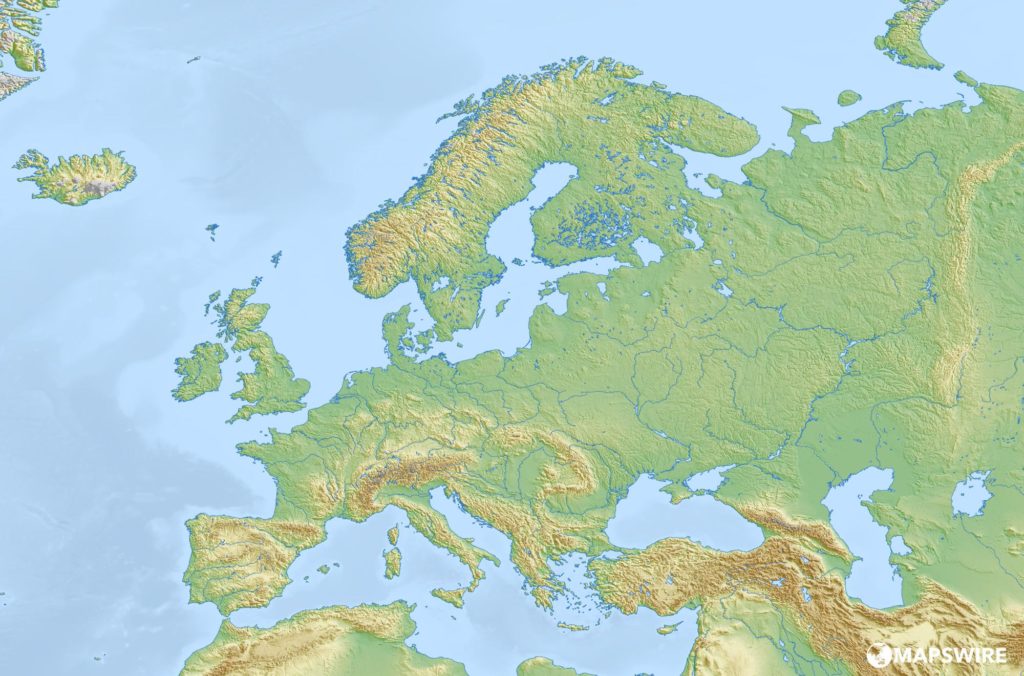
Europe is aiming to become the world’s first major “climate neutral” economy by 2050, the European Commission has announced.
Achieving “climate neutrality” means cutting emissions to zero overall with measures such as switching to renewable power and electric vehicles, energy efficiency, and planting trees and using technology to capture emissions.
The move comes after a report from the Intergovernmental Panel on Climate Change (IPCC) warned of the need to cut carbon emissions to zero by 2050 to limit global warming to 1.5C and avoid the worst impacts of climate change.
The EU has already cut its greenhouse gases by 22% between 1990 and 2017, while economic output grew 58%.
But the Commission acknowledges that its new “long-term vision” for climate neutrality will require “deep societal and economic transformations within a generation”.
Commissioner for Climate Action and Energy Miguel Arias Canete said: “The EU has already started the modernisation and transformation towards a climate neutral economy.
“And today, we are stepping up our efforts as we propose a strategy for Europe to become the world’s first major economy to go climate neutral by 2050.
“Going climate neutral is necessary, possible and in Europe’s interest.”
He said the move was needed to meet the international Paris Agreement on climate change’s targets to limit global temperature rises to “well below” 2C or 1.5C.
It would also stop the EU spending on fossil fuel imports and allow it to invest in improving people’s lives.
The UK Government has asked its Advisory Committee on Climate Change to assess strengthening the domestic target to cut greenhouse gases by 80% by 2050 and the introduction of a net-zero goal for Britain.
Imke Lubbeke, from the WWF European policy office, said of the Commission’s proposed strategy: “Today is a defining moment in the fight against climate change.
“With this strategy the EU becomes the first major player to respond to the recent stark warnings from climate scientists and to take action to implement the Paris Agreement.
“However, we need to reach zero net emissions faster – by 2040 – and we can achieve this with the solutions that are available to us right now.”
She urged member states to back a net-zero target and for the European Union to increase its ambition for cutting emissions in the next decade, amid warnings from the IPCC scientists that failing to take more action than currently planned before 2030 will leave the 1.5C target out of reach.
Recommended for you
